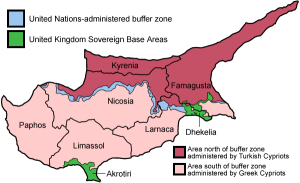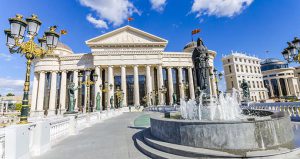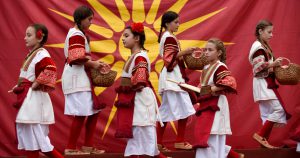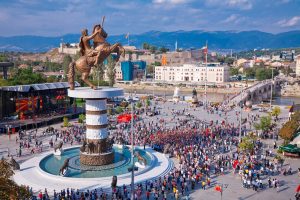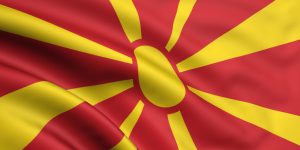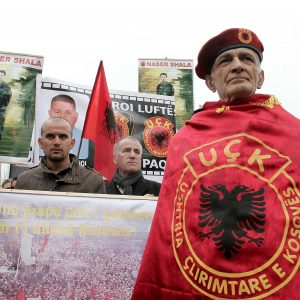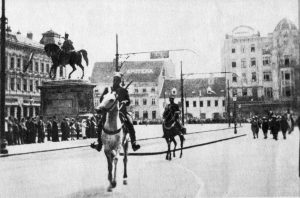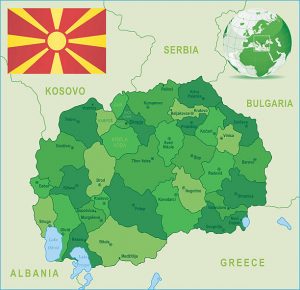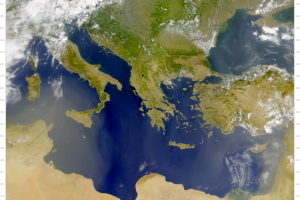From the present-day perspective, the fatal mistake of the Greek Cold War’s foreign policy’s priorities was a...
Greece
It is very important to emphasize that the choice of Athens as a capital city was, in...
During J. B. Tito’s rule (1945−1980), Macedonian nationalism had always been controlled by the central government but...
German daily Sueddeutsche Zeitung reviewed a book called “Reparation Debt Mortgages of German Occupation in Greece and...
The legalization and continued presence of a Turkish occupation force – of any size – and granting...
he present-day Macedonians are having a century and a half identity disputes with their neighbors, especially with...
The name “Macedonia” today belongs to two independent states: Greece and the Former Yugoslav Republic of Macedonia...
The destruction of the Serbian economy, by the Serbian Government, on the orders of Washington and Brussels,...
Even more significantly for the assimilation of Paionia into the Greek world are the dedications of statues...
The “Macedonian Question” is today actual for several reasons of whom two are of the fundamental importance:...
In recent years, some strong research has begun to emerge on the genocides against Armenians and Assyrians....
Article by Vladislav B. Sotirović: “Who are the Albanians? The Illyrian Anthroponomy and the Ethnogenesis of the...
Greece, North Macedonia and Albania, defined exactly what was meant by “Macedonia” and “Macedonian.” For Greece, according...
The term “Macedonia” has always been used for a wider geographical area, approximately 51 percent of which...
Maybe it is the best agreement ever signed…Maybe by applying it, Greece and the Former Yugoslav Republic...
The name of the man in command of the “British Police Mission” to Greece is little known....
Although the idea of a Greater Albania may seem like an exaggerated conspiracy, to the Serbian people...
Last month, Turkish journalist Uzay Bulut wrote a revealing article, “Turkey Uncensored: A History of Censorship and...
When in 2008 Kosovo declares independence, nearly a decade after the Western military intervention, few commentators call...
The end of WWI in November 1918 as a consequence of the military collapse of the Central...
As a condition for the “Westerners” giving the go-ahead for a new date to be set, the...
Great Powers upon the spheres of influences in South-East Europe was only temporarily settled in 1782 when...
At the beginning of the 20th century the Great European Powers, divided into two totally antagonistic political-military...



